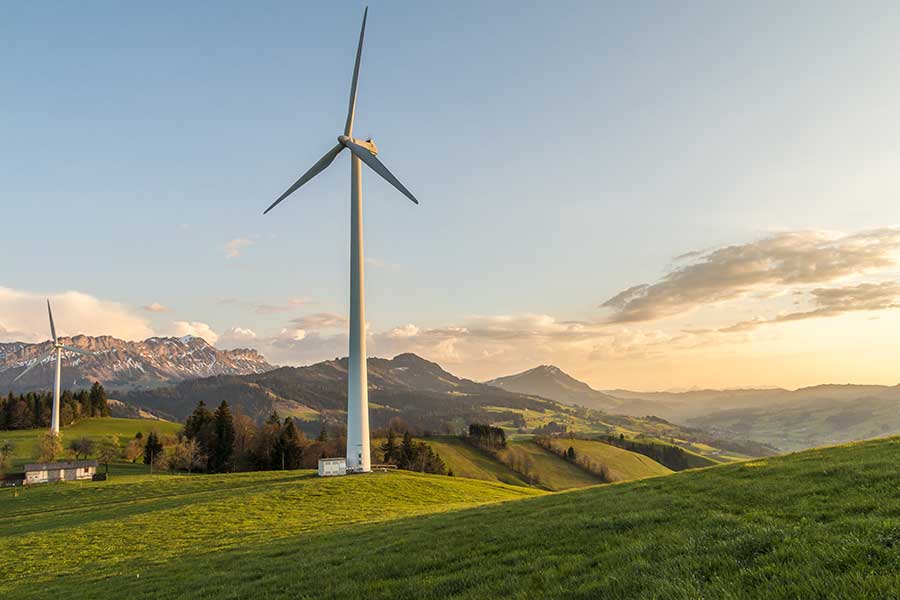
Dig in and support plan to plant tiny urban forests
Communities should support a project to plant 150 tiny forests the size of a tennis court in urban areas across the UK in the next three years to help tackle climate change.
“This is a great initiative giving people the chance to help cut their local carbon footprint,” said Midlands energy expert Ron Fox.
A study has shown that just one year after planting, such a scheme will absorb up to 30 times more carbon compared to traditional planting schemes, attract more than 500 species of animals and plants, improve air quality by removing dust, soak up water to help reduce flood risks and create a space where people can connect with nature.
The non-profit environmental charity Earthwatch Europe, which has helped plant two pilot forests in Oxfordshire, is now hoping to develop many more miniature woodlands across Britain by 2023.
The UK has around 3.5 million acres of forests across natural beauty spots, but its urban spaces and cities are seriously lacking in the number of trees.
Trees help stop climate change by removing carbon dioxide from the atmosphere, storing carbon in the trees and releasing oxygen into the atmosphere.
One of the financial benefits is that a government scheme awards grants for woodland creation of about £4,000-£6,000 per 10,000 square metres. The Conservative manifesto has promised that 75,000 acres of trees a year would be planted by 2024.
Earlier this year volunteers in Witney, Oxfordshire, helped plant 600 native trees, including oak, birch, elder, crab apple and blackthorn on a 20 square-metre plot of land donated by the town council.
Research has shown that after just four years a single tiny forest will grow up to five times faster than a single species planting scheme, process 30,000 litres of rainfall, provide 30 times better noise reduction compared to traditional planting schemes and help tackle heatwaves.
The “Tiny Forests” idea was developed by the Japanese botanist Akira Miyawaki in the 1970s. He suggested taking brownfield sites, planting them densely with a wide variety of native seedlings, and then letting them grow with minimal intervention. The result is a complex ecosystem perfectly suited to local conditions that improves biodiversity, grows quickly and absorbs more carbon dioxide.
Now more than 3,000 sites have been planted worldwide using his ideas, including Paris, France, North Bangalore, India and the Amazon.
Earthwatch is rolling out the scheme with the support of IVN Nature Education, a Dutch organisation that has planted nearly 100 Tiny Forests in the Netherlands.
“Hopefully this innovative scheme to go green will inspire individuals and businesses to take environmental action, by supporting a tiny forest in their local area,” said Ron, of Noreus Ltd on the University of Keele Science and Innovation Park.
For more information about improving air quality and green energy call Ron on 01782 756995.




